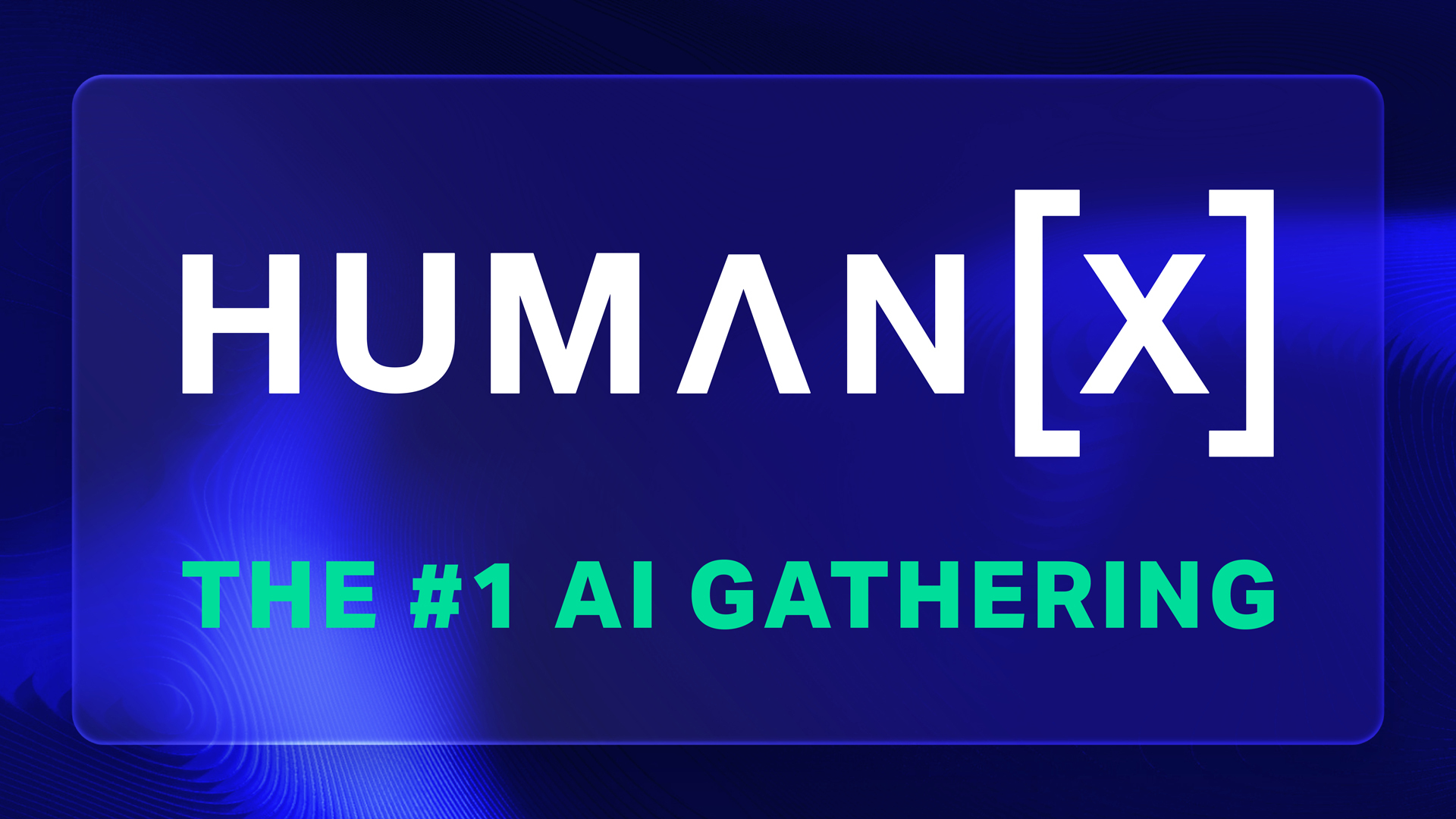- Slice of Technology
- Posts
- #57 - Sven Gierlinger, Chief Experience Officer at Northwell Health
#57 - Sven Gierlinger, Chief Experience Officer at Northwell Health

Join us on this week's episode of the Slice of Technology AI podcast, hosted by Jared S. Taylor!
Our Guest: Sven Gierlinger, Chief Experience Officer at Northwell Health.
What you’ll get out of this episode:
The Intersection of Hospitality and Healthcare: Sven Gierlinger, Chief Experience Officer at Northwell Health, discusses how his background in luxury hotels informs patient experience strategies.
AI’s Role in Enhancing Clinician Efficiency: AI-powered ambient listening and intelligent chart summarization help doctors focus more on patients than paperwork.
Building Trust in AI Tools: While clinicians initially hesitate, many find AI indispensable once they experience its benefits firsthand.
Challenges and Opportunities in AI Adoption: Scaling AI solutions across large healthcare networks requires balancing efficiency with trust-building among providers and patients.
Watch
Listen
Read More
Revolutionizing Patient Experience with AI
Sven Gierlinger, Chief Experience Officer at Northwell Health, brings a unique perspective to healthcare, having transitioned from the luxury hospitality industry. His experience at Ritz-Carlton gave him deep insight into relationship-building—an essential component of both hospitality and healthcare. As he explains, “Healthcare is the ultimate relationship business,” making patient experience paramount.
One of the biggest challenges in healthcare today is balancing technological advancements with human connection. AI is playing a crucial role in addressing this, particularly in enhancing both patient interactions and provider efficiency.
AI-Powered Solutions Transforming Healthcare
Gierlinger highlights several AI-driven innovations that are making a tangible difference in hospitals and clinics:
1. AI-Powered Ambient Listening for Physicians
One of the most promising advancements is ambient listening technology, which allows AI-powered scribes to automatically document physician-patient interactions. Northwell Health is currently piloting three such solutions, with plans to fully adopt one.
“Physicians love it because it reduces their documentation burden, giving them more time for their patients and their families.” – Sven Gierlinger
By eliminating hours spent on administrative tasks, AI reduces burnout and enables doctors to return to what they do best—caring for patients.
2. Intelligent Chart Summarization
Another innovation is AI-driven chart summarization, which sifts through vast amounts of patient data and highlights the most critical details for clinicians. Instead of scrolling endlessly through medical records, doctors can now quickly access key insights relevant to each patient visit.
3. AI-Generated Patient Responses
AI tools are also being used to triage and draft patient communications. These systems analyze incoming patient messages, sort them to the appropriate healthcare provider, and even draft responses.
Interestingly, studies show that patients perceive AI-generated responses as more empathetic than those written by busy physicians.
This is because AI has the capacity to craft thoughtful, detailed responses—something that time-constrained doctors often struggle to do.
The Challenge: Building Trust in AI
Despite the clear benefits of AI in healthcare, adoption remains a challenge. Gierlinger notes that many providers are hesitant at first. Just as self-driving cars require users to build trust over time, AI in healthcare needs real-world validation before widespread acceptance.
“AI won’t replace people, but it will replace people who don’t use AI.” – Sven Gierlinger
By running pilot programs and demonstrating the efficiency gains, Northwell Health is gradually scaling AI adoption across its vast network of 21 hospitals and 900+ ambulatory locations.
The Future of AI in Patient Experience
Looking ahead, AI has the potential to redefine patient interactions—from scheduling and triage to treatment recommendations and follow-up care. However, one key consideration remains: preserving human empathy in an increasingly digital healthcare landscape.
Gierlinger emphasizes that while AI can enhance efficiency, it should never replace the human touch that is crucial in patient care. As AI tools continue to evolve, striking the right balance between technology and empathy will be essential.
Conclusion
AI is revolutionizing patient experience in healthcare by streamlining administrative tasks, improving communication, and enhancing physician-patient interactions. With leaders like Sven Gierlinger guiding AI adoption at Northwell Health, the future of healthcare looks more efficient, empathetic, and patient-centered than ever before.




Reply